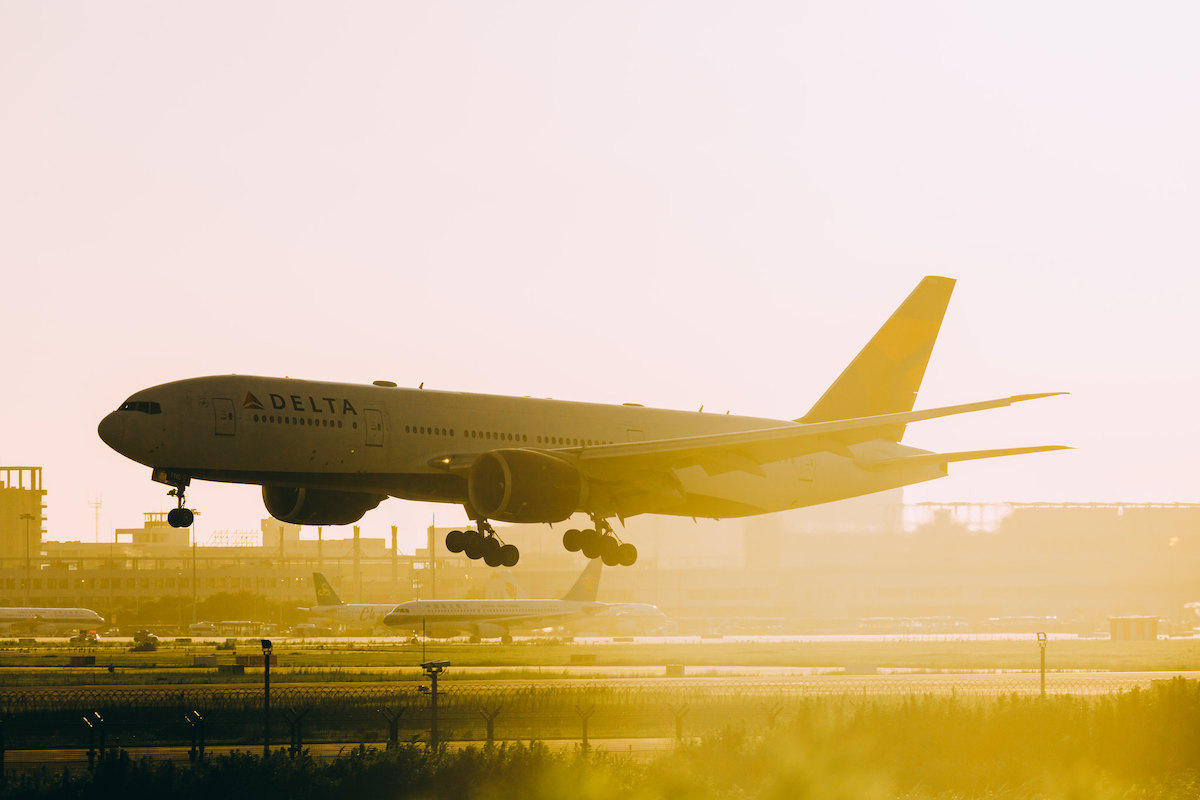Skift Take
When it comes to airline loyalty, if everyone is "elite" no one is. As Delta rebalances its loyalty program, customers need to remember it is a business in the service of shareholders. I'm surprised it has taken this long for programs to arrive at this revenue-driven conclusion.

On Experience
Colin Nagy, a marketing strategist, writes this opinion column for Skift on hospitality and business travel. On Experience dissects customer-centric experiences and innovation across the luxury sector, hotels, aviation, and beyond. He also covers the convergence of conservation and hospitality.
You can read all of his writing here.
I typically refrain from commenting on ebbs and flows of loyalty and frequent flyer programs. Why? It’s somewhat uninteresting. My perspective is there will be a never-ending shift towards optimization, goosing revenue, and a focus on quarterly results by travel companies.
Business travelers have lived under something of an illusion for a while, with free upgrades, generous lounge access, and other creature comforts to ease the rigors of the road. In exchange for accumulating “butt-in-seat” mileage, they’ve had a favorable arrangement.
Seeing the direction loyalty is heading, I make an effort to be a free agent: I fly various airlines around the world and select the best product, team, and ground experience based on my itinerary. I think this will be the future for others, as well.
A few months ago, as I boarded a United 777 red-eye from LA to Newark, I observed a huge pack of Tumi-toting United top-tier 1Ks, boarding ahead of other premium passengers. It dawned on me that this overcrowded status-driven world might not be sustainable.
If everyone is elite, no one truly is.
This overcrowding issue extends to lounges, with long queues for access basic amenities, and the surge in travel post-pandemic has exacerbated the problem. It’s reached a breaking point.
Delta recently announced that only revenue counts towards status, with its coveted Diamond tier requiring $35,000 of spend with the airline (and associated credit cards and travel portals) per year.
The simple reality is that airlines have come to a pragmatic conclusion: money talks. As Delta’s announcement shows – and as American showed earlier this year – how you game the system or embark on mileage runs doesn’t matter anymore. What matters are the elements that drive profitability: high margin business- and first-class passengers. For some, it is a bitter pill to swallow. But it doesn’t surprise. (See Skift Research: “The Business of Airline Loyalty Programs 2023.”)
The writing has been on the wall. Delta’s move to differentiate its high-end experiences is evident in other places, with a new, dedicated Delta One entrance at LAX and planned lounges for paying business passengers, regardless of cardholder status or other memberships. This is a shrewd business move to create an elevated experience for those spending the cash.
This development shouldn’t come as a shock. Part of the problem lies in airlines being generous in extending status during the pandemic, leading to an inflated elite status population.
Another part is the gradual sense of entitlement that loyalty programs have cultivated over the years, along with the social capital and strong attachment that comes with aligning oneself with a specific airline. However, the primary driver is airlines gaining a clearer vision of how to maximize their profitable business.
One caveat: I believe Delta is making these decisions amid record travel and strong performance, when they are selling a high percentage of first-class seats. The future of business travel remains uncertain, and we’ll see how many frequent travelers are willing to spend $35,000 a year to maintain Diamond status. Perhaps that’s the point.
As my friend and colleague Brian Sumers recently pointed out, “I get the feeling that Delta is a victim of its own success … The problem is that these elite status programs only work if a relatively small percentage of your customers have access.”
So, perhaps this significant rebalancing is merely a return to normalcy and parity. But for consumers, I’ll reiterate what I’ve been saying in my column from the start: Spend your money where you can get the best value and experience.
Being locked into alliances, especially as the perpetual status chase becomes steeper, may not be the best choice for most people. You should go (and spend your money) where you are treated the best.
I understand this might not be feasible for everyone, but for business travelers and upscale leisure travelers, it turns out that variety can add spice to life. Sometimes, unwavering loyalty to airlines and alliances can limit your view of the world to only a narrow spectrum.
The Daily Newsletter
Our daily coverage of the global travel industry. Written by editors and analysts from across Skift’s brands.
Have a confidential tip for Skift? Get in touch
Tags: airlines, business travel, Delta Airlines, delta skymiles, loyalty, On Experience
